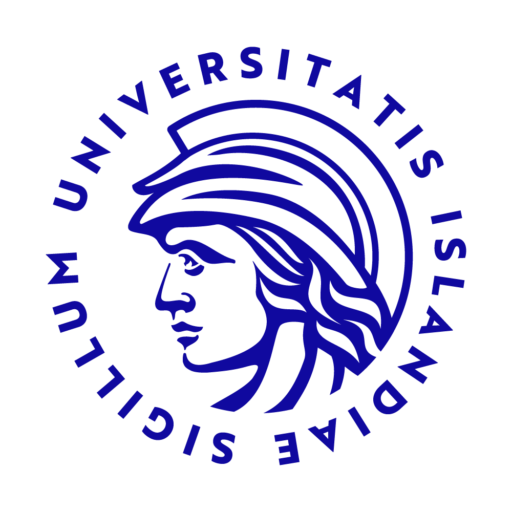Main author: Embla Ýr Guðmundsdóttir
Institution or Company: Department of Midwifery, Faculty of Nursing, University of Iceland
Co-Authors, Institution or Company:
Helga Gottfreðsdóttir, Department of Midwifery, Faculty of Nursing, University of Iceland; Department of Obstetrics and Gynecology, Women´s Clinic, University Hospital, Iceland. Berglind Hálfdánsdóttir, Department of Midwifery, Faculty of Nursing, University of Iceland. Marianne Nieuwenhuijze, Research Centre for Midwifery Science, Academie Verloskunde Maastricht, Zuyd, the Netherlands; CAPHRI School for Public Health and Primary Care, Maastricht University, the Netherlands. Mika Gissler, Finnish Institute for Health and Welfare, Information Services Department, Finland; Karolinska Institute, Department of Neurobiology, Care Sciences and Society, Division of Family Medicine and Primary Care, Stockholm, Sweden; University of Turku, Research Centre for Child Psychiatry, Finland. Kristjana Einarsdóttir, Faculty of Medicine, Centre of Public Health Sciences, University of Iceland, Reykjavík, Iceland.
Introduction: Results of previous studies on migrant women are inconsistent regarding mode of birth, maternal outcomes, and interventions in host countries. Limited knowledge on the perinatal health of migrant women in Iceland exists. Thus, our primary objective was to explore maternal and perinatal outcomes among migrant women in Iceland.
Methods: This is a prospective population-based cohort study. The population is all women who gave birth to a singleton in Iceland in 1997-2018, a total of 92 403 births.
Migrant women were defined as women with other citizenship than Icelandic. They were categorized in three groups, based on their country of citizenship Human Development Index (HDI). Odds ratios and 95% confidence intervals for maternal and perinatal outcomes were calculated using logistic regression models.
Results: Migrant women overall had fewer antenatal care visits and shorter gestational age than Icelandic women. They had higher adjusted odds ratios (ORs) of episiotomy and instrumental births and lower adjusted ORs of induction of labour, relative to Icelandic women. Migrant women from countries with lower HDI than Iceland (<0.900) had additionally increased odds of maternal and perinatal complications and interventions, such as emergency caesarean and postpartum haemorrhage.
Conclusions: Women´s citizenship and country of citizenship HDI are significantly associated with a range of maternal and perinatal complications and interventions, such as episiotomy and instrumental birth. The results indicate a need to further explore if the Icelandic perinatal healthcare service meet the care needs of migrant women.

